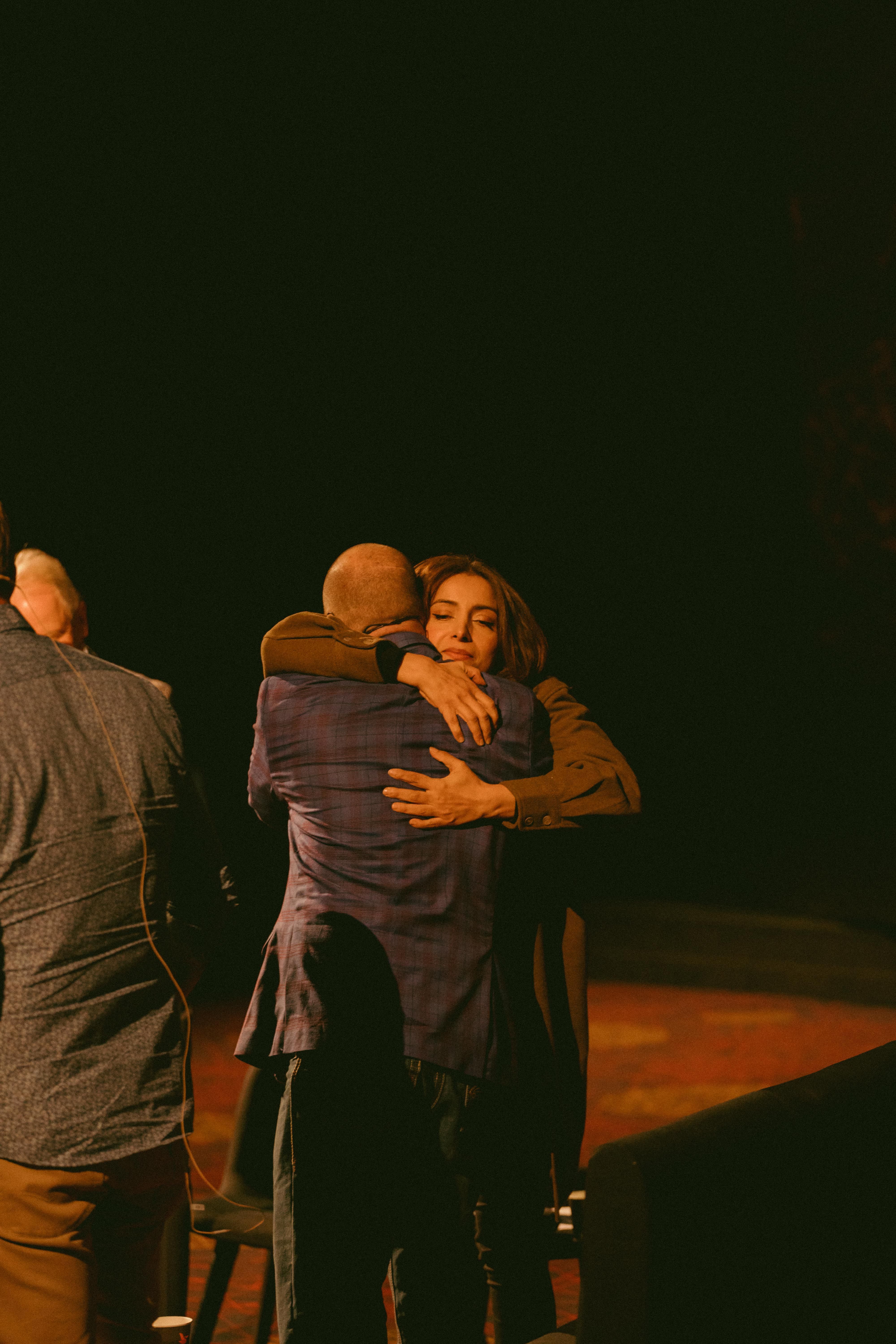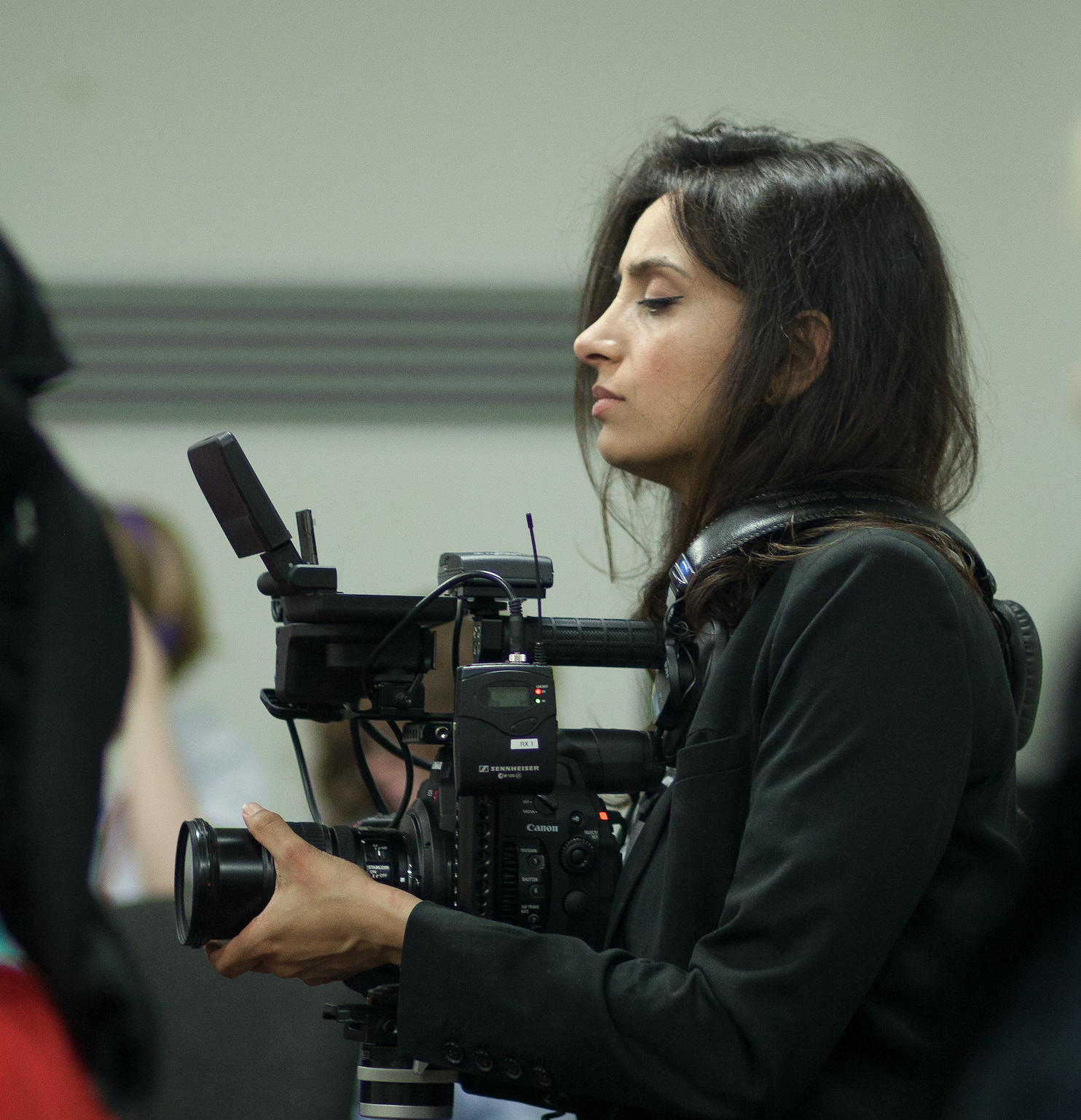LET'S AT LEAST SIT DOWN TOGETHER AND SEE WHAT HAPPENS
Filmmaker Deeyah Khan is known for her ability to gain access to closed off environments. She has portrayed right-wing extremists, violent spouses, abortion opponents and jihadists. According to herself, the key to her work is curiosity.
Even though I may want to have a conversation with lots of different people, that doesn't mean they necessarily want to have a conversation with me. Usually, it takes a long time to get them willing to talk to me. But once they agree to talk, that is when the exciting part begins.
The morning sun shines through the window in a Washington DC apartment, where Deeyah Khan is currently staying.
The Norwegian film director and producer, who has lived in London since 1995, is working on a new film in the US, and she has chosen the famous capital as her base - partly because of good flight connections, and partly because of wanting to cut down her travels to a minimum in order to spend as much time as possible with her young daughter .
–- I am intensely and genuinely curious about other people. Not just concerning what they have to say, but also about their life story and what has led them to where they are right now. For me, everything starts with curiosity and genuine interest, says Deeyah.
DEEYAH KHAN'S TOP FIVE TIPS FOR A BETTER DIALOGUE:
1. Be curious and attentive
Don't try to predict or even think about what the person you're talking to is going to say. Be present in the situation, open and attentive.
2. Listen!
Without listening, dialogue cannot take place.
3. Give space to discomfort
Practicing standing in uncomfortable and embarrassing moments is very important. It can sometimes feel unpleasant, but it doesn't kill you. And the more you do it, the more manageable it becomes.
4. Put aside your prejudices
If you don’t put aside your prejudices, you will never reach a truly open conversation.
5. Don't forget dignity
Be aware of the humanity and dignity of the person you are talking to, no matter how badly the conversation may go.
A DESIRE TO UNDERSTAND
Many of us can struggle with the idea of sitting down and having a meaningful conversation with people who differ from us in even the most trivial areas. In her work as a filmmaker, Deeyah Khan has chosen the diametrically opposite approach.
In the last decade, she has directed and produced seven documentaries that have won a host of prestigious awards - including Emmy, Peabody and BAFTA - common for all her films is that they take the viewers inside radical environments that few of us come close to and have access to.
Her debut film "Banaz: A Love Story" (2012) dealt with honor killings, while the films that have come since range from right-wing extremism ("White Right: Meeting the Enemy") and Islamophobia and anti-Muslim sentiments ("Muslim in Trump's America") to militant Islamism ( "Jihad: A Story of the Others") and domestic violence ("Behind the Rage: America's Domestic Violence").
Her method is seemingly simple, at least on paper: she sits down with the interviewees and talks to them – without condemning them. But how does one even invite a dialogue with someone who considers you their enemy, as Deeyah Khan has done time and time again?
- Openness and honesty. I put all my cards on the table and don't pretend to be anyone other than who I am. When interviewing American right-wing extremists, I could use a different name or not mention my appearance and my ethnic background. Instead, I chose to be open about who I am and what I wanted.
The aim of the meetings was never to change anyone's mind or to hang them out, explains Deeyah, but rather to allow the interviewees to share their views and to talk freely about things they otherwise feel they are not allowed to talk about.
- I made it clear that I wasn't going to try to deceive them. The conversation should be based on respect and the desire to understand, on my part. Let's at least sit down together and see what happens.
Listening to what someone says is not the same as playing along, points out Deeyah.
- I say very clearly when I disagree with someone. But you can do that in two ways - either in a judgmental way that makes the other person feel stupid and small, or in a way that enables them to understand my point of view. Disagreement is important, but how we disagree is crucial.
IN A MOTEL WITH THE ENEMY
Sitting down with someone who considers you an enemy requires not only curiosity, patience and respect.
When the person in question also expresses an ideological will to use violence, as was the case with several of the interviewees in "White Right: Meeting the Enemy", a generous amount of courage is also a necessity.
- The reason why I made the film at all was that I had done an interview with the BBC which ended up on various racist websites and forums. It led to a targeted campaign where I received death threats and incitement. Then I had to decide: Should I stand back and let these people silence me, or should I face them?
Deeyah chose the latter.
- I knew that the people I was going to sit down with not only had a completely opposite world view from my own, but that many of them opposed my right to even exist. For my part, it was a conscious decision not to let fear or threats of violence get in the way of investigating whether there could be another way forward.
She did the very first interview for the film, with the leader of one of the largest neo-Nazi groups in the US, in a motel room outside Detroit. The conditions for the interview were crystal clear: I got one hour, and after that I was never to contact him again.
As Deeyah and her colleague waited at the motel, doubts began to creep in: What if he has a gun? What if he doesn't come alone? What if they ambush us and steal our camera equipment?
- Then there was a knock on the door, and when I opened it, he was the only one standing there. Then those feelings disappeared very quickly. As soon as we started talking, my full attention was on him. His story, what he said and not least what he didn't say.
A TOXIC COMMUNITY
In many of the extreme environments Deeyah has documented – from right-wing extremists to jihadists – men are the main actors. It is often embedded in the ideology itself, she says.
- Most extreme movements look back to a time when gender roles were stricter and hierarchies in society were more rigid. At their most fundamental, they are a response to the social and cultural changes happening in the world right now, with more diversity in terms of gender identity, sexual orientation, equality or cultural representation.
While Deeyah, like most of us, considers these changes to be positive, many young, marginalized men feel that these changes have come at the expense of their own opportunities, she believes.
- I think there is a deep feeling of alienation, confusion and fear that has been allowed to grow for a long time, and this is what these movements exploits. They not only give young men answers to any political questions they may have, but also give them a sense of worth.
- Neo-Nazis I have spoken to, also in this country, say that they are actively involved in recruiting young people who are bullied, who have a hard time at home, who struggle and are lonely.
Deeyah calls for a wider public conversation about what the male role actually entails in today’s society, and how masculinity is linked to violence, protection and honour. If we do have these conversations, we push people towards the extremists, who offer young men a hyper-aggressive masculine identity.
- Every time an extreme movement succeeds in recruiting a new member, means we as a society have not succeeded in being there for this young man. In a way, we shove them into the arms of people who are willing to exploit them and turn their pain into aggression.
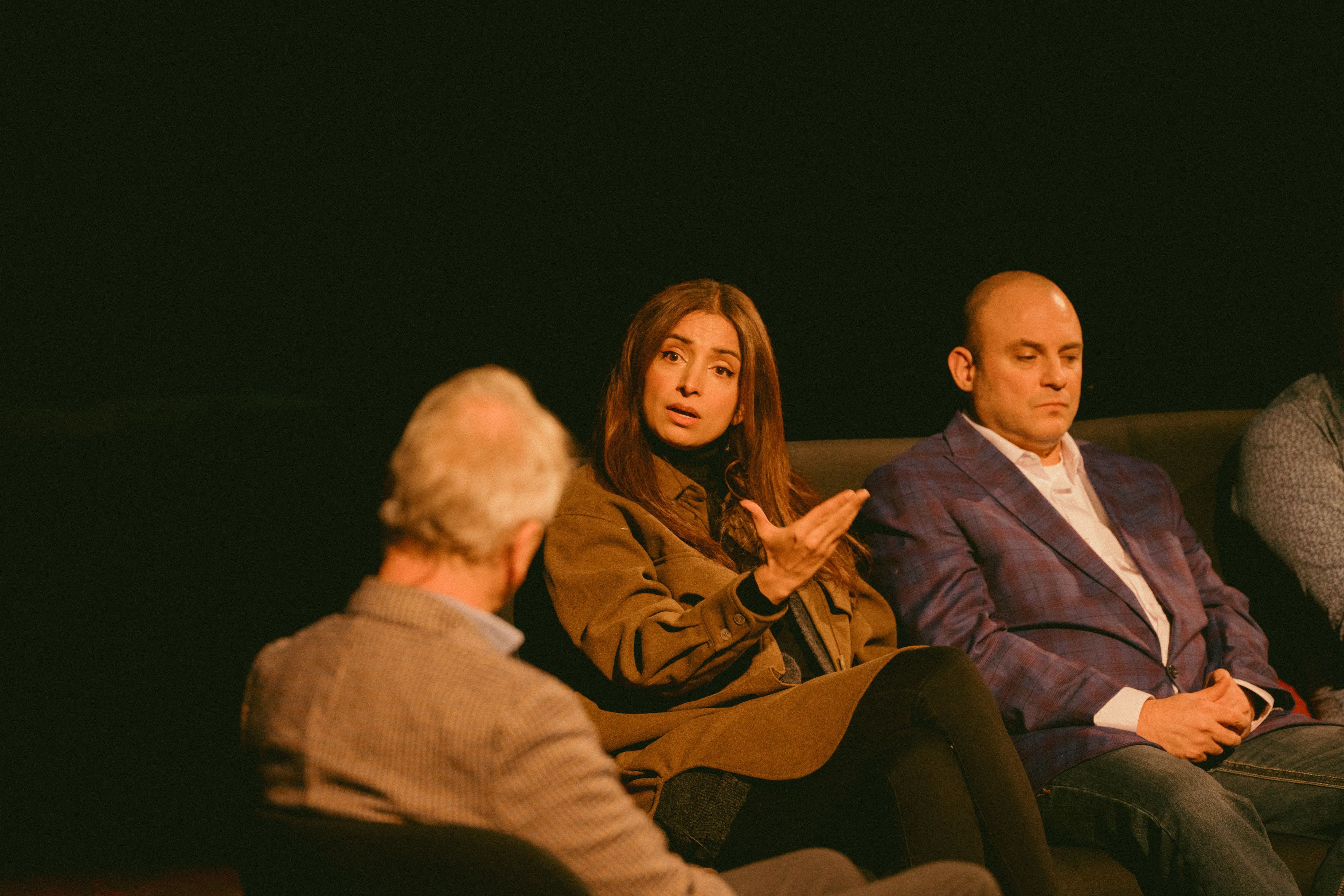
ECHO CHAMBERS AND CULTURE WARS
An increasingly important arena for communication and community – for better or for worse – is the internet and social media. As a human rights activist, Deeyah Khan sees many positive and liberating aspects of our online existence.
- On the one hand, the internet has removed many barriers between people. Among other things, that makes it possible for us to have this conversation right now, and it has also made it easier for people to become allies in social movements for peace and human rights, across national borders.
The flip side of the coin is, of course, that the same web has made it easier for extremists to organize themselves and spread their ideology to many people.
- Through the rise of social media, it has also become more normal and to large extent accepted to stay within our own echo chambers, cut off from opinions we don't like, and for us all to choose which information we relate to. From a dialogue perspective, this trend is disastrous.
In the US, polarization has gone so far that the term "culture war" is fitting, and there are examples of even the country's politicians refusing to sit down with people they disagree with. An unfortunate development, Deeyah believes.
- You can ask yourself what is the point of politicians if they are unable to resolve conflicts or only want to talk to people who completely agree with themselves. That's not how the world works. Life itself is not like that.
"Neo-Nazis I have spoken to, also in this country, say that they are actively involved in recruiting young people who are bullied, who have a hard time at home, who struggle and are lonely. "
UNLIKELY FRIENDSHIPS
Although we may feel that dialogue across communities of different opinion is increasingly troubled, Deeyah Khan has tangible evidence that the opposite also might be the case.
In the wake of the documentaries she has made, several of the interviewees – including jihadists and neo-Nazis – have defected from their respective movements, a brave choice for which they assign a large part of the credit give to the Norwegian filmmaker.
- Some of them have become good friends with whom I keep in touch regularly. It was not planned on my part, but something that happened naturally. For every film I've made, I've ended up with some truly meaningful friendships.
The filmmaker believes that her own upbringing in a Pakistani-Afghan family in Norway may have had a decisive influence on the films she has decided to make, and how she views dialogue.
- Growing up between cultures means growing up between differences. Differences have been an important part of my life, and I've tried many things along the way – to run away from them, to hide from them, to be so flexible that I become what everyone else wants me to be, says Deeyah.
- But eventually I concluded that we must all have the opportunity to be who we are, and keep room open for others to be the same. Everything in life is ultimately about differences, and about our ability to deal with them.
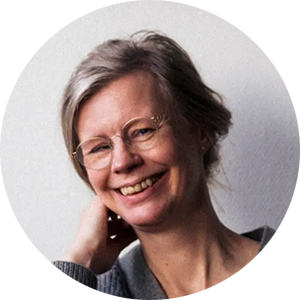
Hedvig Montgomery
Hedvig Montgomery believes that our ability to communicate improves with each new generation. However, there's one modern phrase that particularly irks the psychologist.
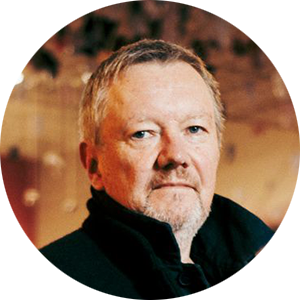
Kjetil Trædal Thorsen
Kjetil Trædal Thorsen, the founder of Snøhetta, spent nearly a year sipping lemon cordial in an Egyptian waiting room, an experience that imparted a valuable lesson about the art of dialogue.
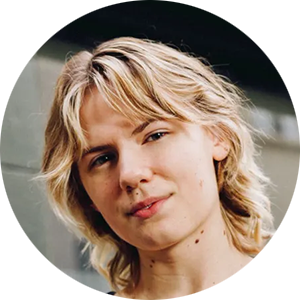
Gina Gylver
Gina Gylver serves as the leader of Nature and Youth – Young Friends of the Earth (NU). In her activism, dialogue stands out as one of her most fundamental and frequently employed tools.
Do you want to learn more about dialogue?
Go to our dialogue-site and find our toolbox for better dialogue, including our interactive film.
